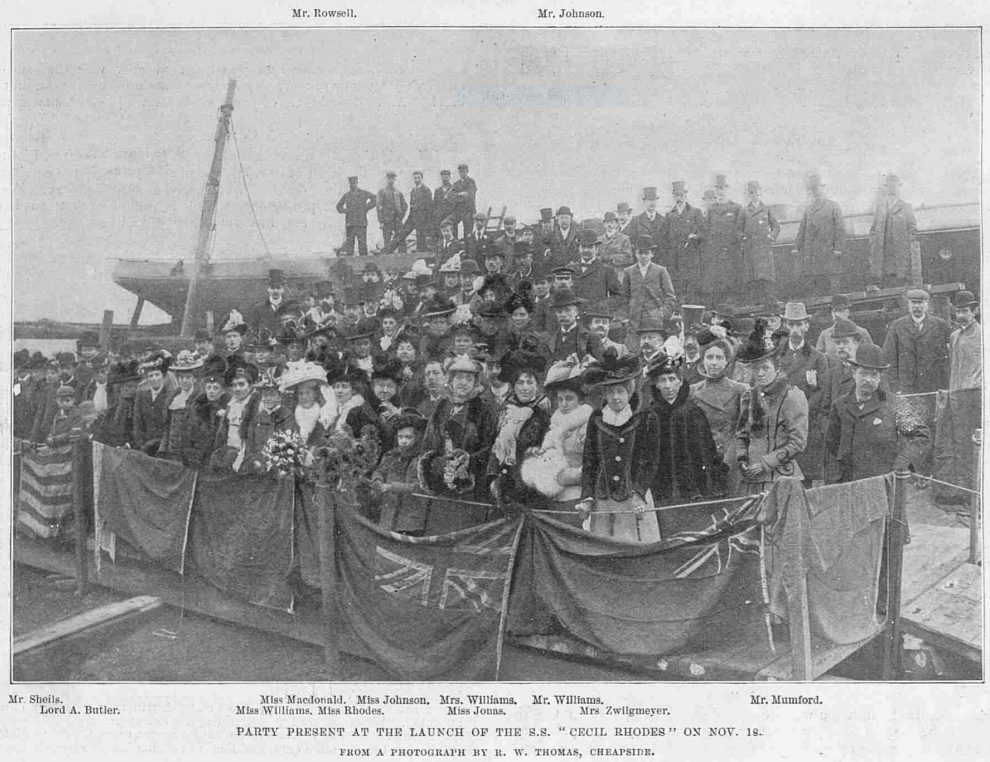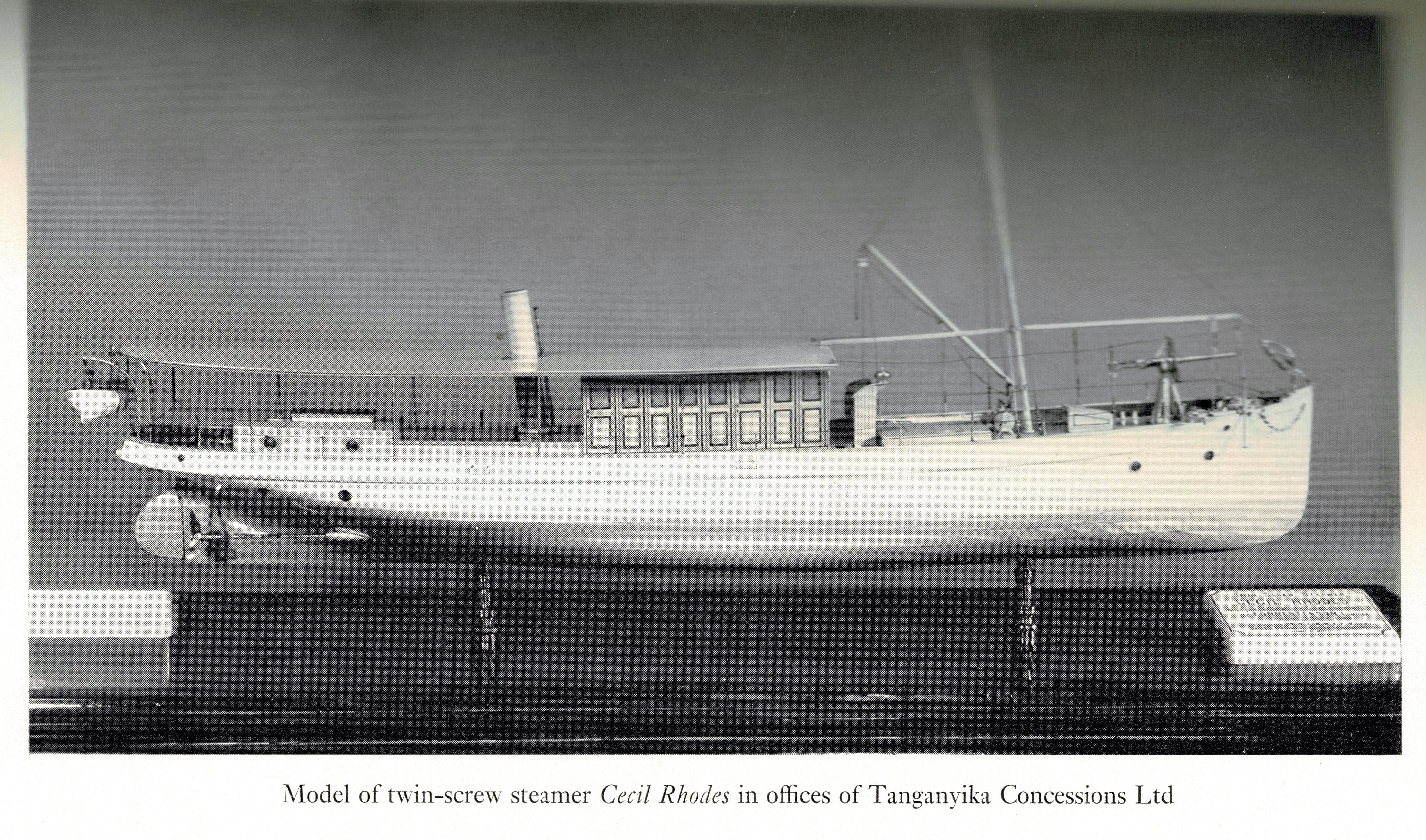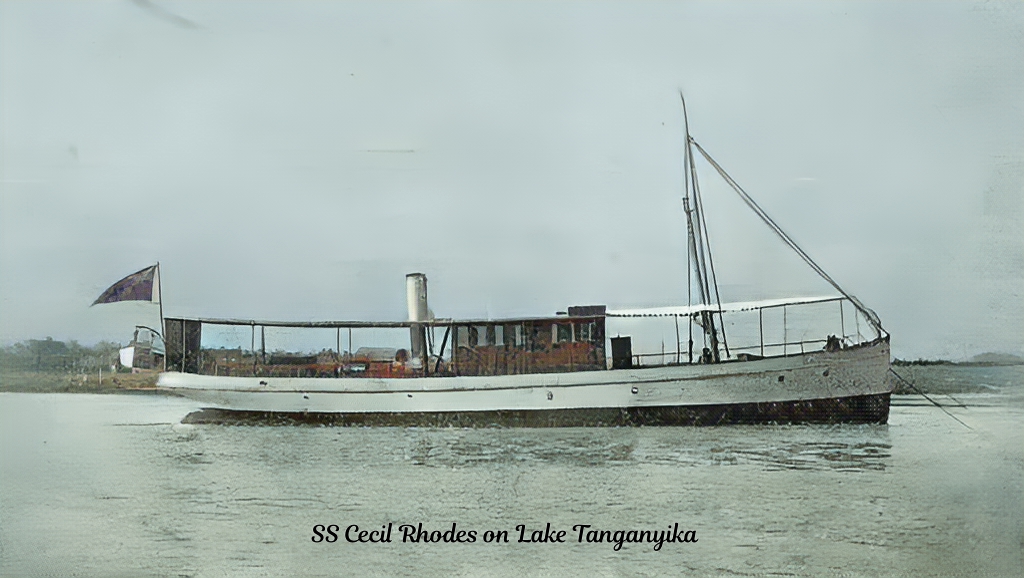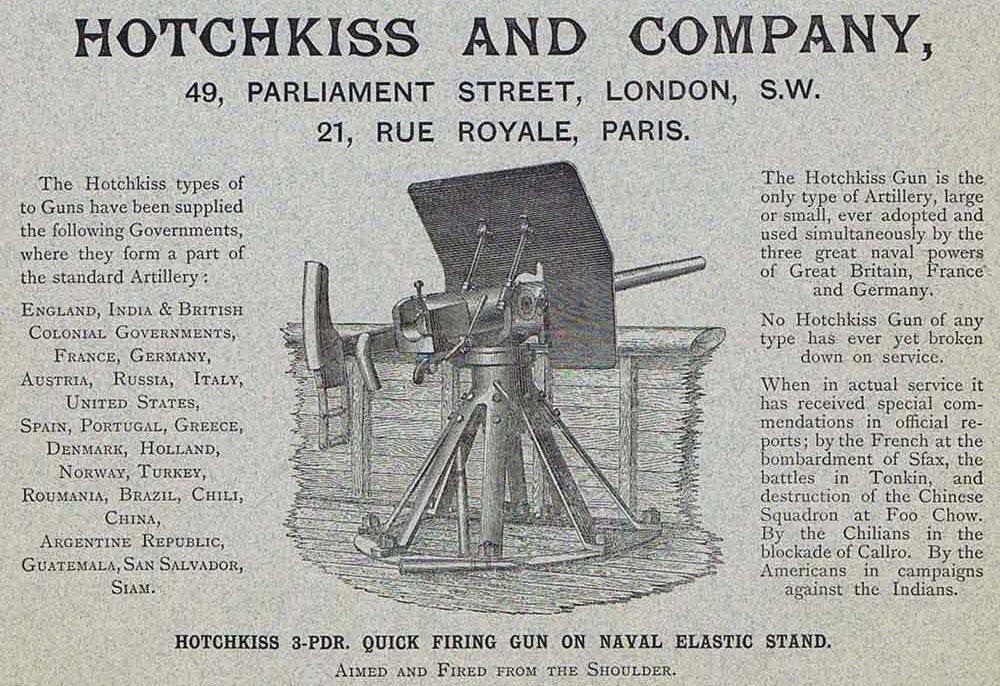 Cecil Rhodes
Cecil Rhodes

| |
SS Cecil Rhodes

Source: "The Sketch" - Wednesday 29 November 1899

Source: Robert's People: The Life of Sir Robert Williams, Bart 1860-1938, between pages 104-105.
|
THE S.S. CECIL RHODES. A new steamer to be called the "Cecil Rhodes" will christened and launched at Wivenhoe (also spelt at times - Wyvenhoe) Essex on 1899 November 18. The vessel intended for service
in connection with the laying of telegraph line along the shore Lake Tanganyika. The Company invited a large number and ladies and gentlemen to participate in the days ceremonies. The party left Liverpool Street in a special train at 10:23am, and included Miss Rhodes and Lord and Lady Arthur Butler. The christening and launching ceremony will take place at about 1pm being performed by Miss Williams, daughter of the managing director the Company. After Miss Williams had been presented with a magnificent bouquet and a like compliement had been paid to Miss Edith Rhodes, an adjournment was made for luncheon, which was served in capital style by Messr. Wright and Son, of Colchester in the upper room of Messrs. Forrestt and Son's establishment (the builders of the boat). The chair was taken by Mr. Tyndaie White, the chairman of the Tanganyika Concession, Limited. The loyal toasts were honoured with exceptional enthusiasm, and Mr. Robert Williams then proposed in a very interesting little speech "Success to the Cecil Rhodes". So convinced was he of the possibilities of the country around Lake Tanganyika, which they would bear in mind was 450 miles long, and convinced of the certainty of the realisation of the project they had in view, that he should not be surprised if, in five years' time, they heard a railway guard there calling out "Change here for Cairo." [Applause] After alluding to Mr. Cecil Rhodes as the greatest man of the century and introducing several interesting reminiscences, the speaker submitted the toast, associated with the name of Miss Edith Rhodes. This was drunk with enthusiasm, and a telegram was drafted as follows to Mr. Cecil Rhodes, at Kimberley, signed by every member of the company: - "Two hundred and twenty ladies and gentlemen present at the launch of Cecil Rhodes, drank your health, wish you long life and whole skin out of Kimberley." The Cecil Rhodes is a twin-screw steamer about sixty-five tons. After the launch she will taken to pieces, packed into parcels about 60lbs each, conveyed about 8000 miles by sea, 350 miles over African rivers and lakes, and then carried on natives' backs for another 250 miles, after which she will be put together again, and will be the first iron steamer on Lake Tnaganyika. |

The gun mounted on the front [bow] of the ship looks to be a HOTCHKISS 3-PDR. QUICK FIRING GUN ON NAVAL ELASTIC STAND. 
[Source: The Journal of Indian Art and Industry, a periodical documenting the rich cultural traditions of colonial-era India between 1886 and 1916. Published under the patronage of the Government of India] |
|
The fate of the SS Cecil Rhodes was sealed when on the 18th November 1914 she was captured by auxiliary warships of the Imperial German Navy at Kasakalawe, Lake Tanganyika, and on the following day (19th November) was sunk in the lake to prevent her conversion, repair and use as a warship. Or it was not sunk until June 1915.... but suffice to say the Germans sunk her during the later part of WW1. [Source: BNR 1915, was S.S. CECIL RHODES sunk by S.S. GOETZEN? and Tip and Run: The Untold Tragedy of the Great War in Africa by Paice, Edward (pp 98)]. The remains of the SS Cecil Rhodes were discovered by divers in 1996. See article: The Wreck of the Cecil Rhodes in Lake Tanganyika. |
|
Further references:
|
|
Addendum: There have also been other ships named after (or at least named) Cecil Rhodes, but nothing noteworthy.. a fishing boat and a couple tug boats. |